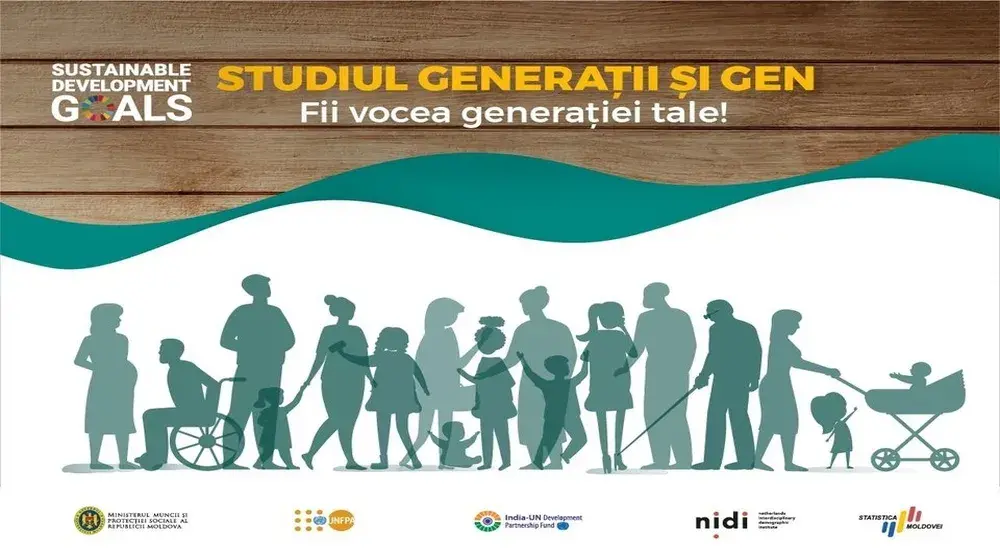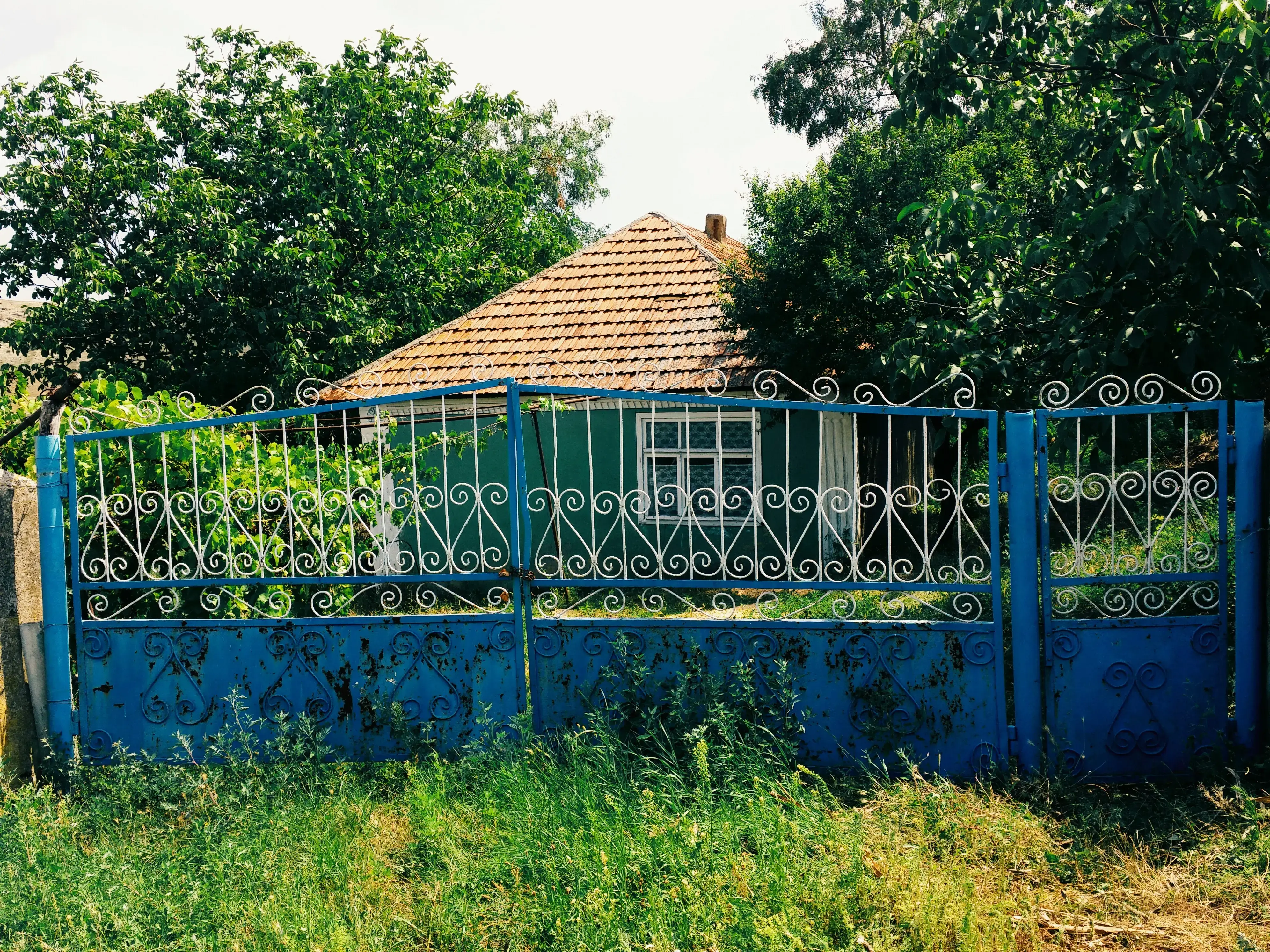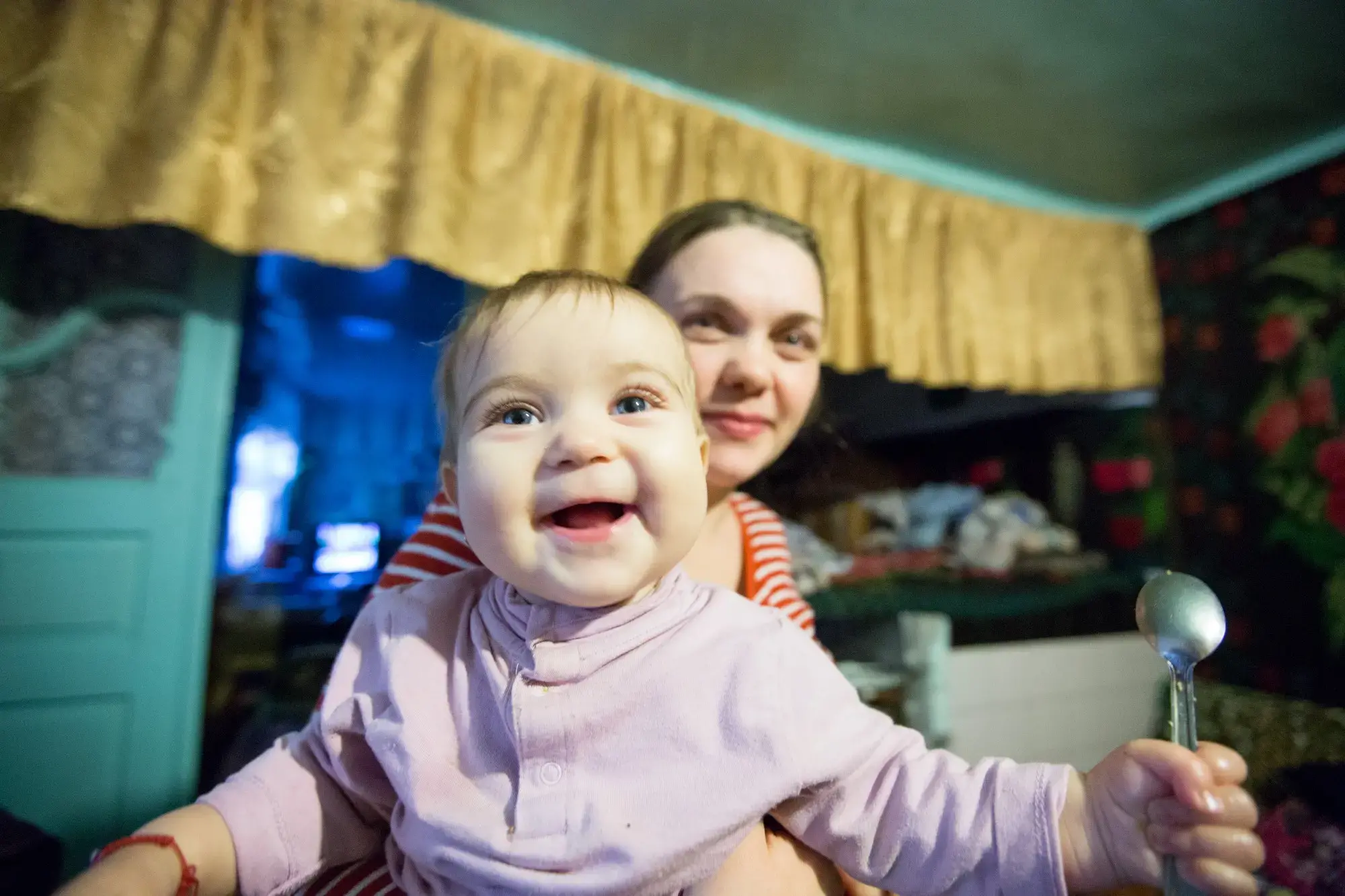The Republic of Moldova is undergoing strong demographic changes driven by the population decline, ageing, low fertility, out-migration of the working-age population and low life expectancy that have implications on the overall development of the country. These population changes are an opportunity to harness and build demographic resilience. UNFPA’s Demographic Resilience Programme assists the Republic of Moldova with strengthening its capacity to understand and anticipate the population dynamics that is experiencing, and ensure that the Government has the skills, tools, political will and public support to manage them. As part of this, the most comprehensive longitudinal demographic study – Generations and Gender Survey (GGS) was conducted in the Republic of Moldova on over 10,000 net respondents from over 153 localities.
The global survey was conducted in more than 24 countries so far and its implementation in the Republic of Moldova was possible with the support of the Ministry of Labour and Social Protection (MoLSP), National Bureau of Statistics (NBS), Netherland Interdisciplinary Demographic Institute (NIDI) and UNFPA. GGS is an individual-level panel survey that represents a key data resource on issues of fertility decisions, work-life balance, transition to adulthood, and intergenerational exchanges with a longitudinal perspective.
The survey provided high quality disaggregated data for scientific research, policy makers and civil society on population dynamics and family change, relationships between generations, and changes in the social roles of women and men, accounting for economic, social and cultural contexts. The GGS data is important to monitor the demographic and societal changes, life and family dynamics, fertility behavior and needs of people from different generations.
After three years of work on the GGS in the Republic of Moldova, the results are ready for dissemination. This event aims to launch the results of the Generations and Gender Survey and bring the voices of different generations of people on the table of policy makers. GGS data include analysis of more than 100 indicators on addressing demographic changes in the country. The results will support policy makers, academia and civil society to better understand the dynamic complexity of women and men’s life course and needs, people’s intention to create a family and have children, issues related to work-life balance, desired fertility and infertility along with challenges in building the demographic resilience in the Republic of Moldova.
Format: The event will be hybrid given the current epidemiological situation in Chisinau. Most of the speakers will be present in the room, while participants will be connected online.
Translation: English-Romanian and Romanian-English translation will be available
Follow the Facebook page event here.





